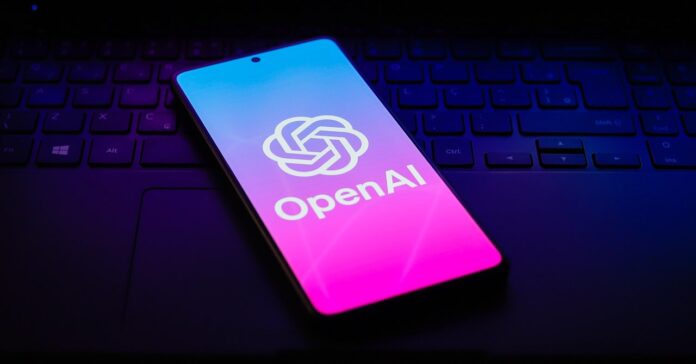OpenAI today announced a cut-price “mini” model that it says will allow more companies and programs to tap into its artificial intelligence. The new model, called GPT-4o mini and available starting today, is 60 percent cheaper than OpenAI’s most inexpensive existing model while offering higher performance, the company says.
OpenAI characterizes the move as part of an effort to make AI “as broadly accessible as possible,” but it also reflects growing competition among AI cloud providers as well as rising interest in small and free open source AI models. Meta, the social media giant, is expected to debut the largest version of its very capable free offering, Llama 3, next week.
“The whole point of OpenAI is to build and distribute AI safely and make it broadly accessible,” Olivier Godement, a product manager at OpenAI responsible for the new model tells WIRED. “Making intelligence available at a lower cost is one of the most efficient ways for us to do that.”
Godement says the company developed a cheaper offering by improving the model architecture and refining the training data and the training regimen. GPT-4o mini outperforms other “small” models on the market in several common benchmarks, OpenAI says.
OpenAI has gained a significant foothold in the cloud AI market thanks to interest in tapping into the remarkable capabilities of its chatbot, ChatGPT, which debuted in late 2022. The company lets outsiders access the large language model that powers ChatGPT, called GPT-4o, for a fee. It also offers a less powerful model called GPT-3.5 Turbo for about a tenth of the cost of GPT-4o.
The interest in language models triggered by ChatGPT’s wild success has prompted competitors to develop similar offerings. Google, a pioneer in AI, has made a major push to build and commercialize a large language model and chatbot under the brand name Gemini. Startups such as Anthropic, Cohere, and AI21 have raised millions to develop and market their own large language models to business customers and developers.
Building the highest-performing large language models requires huge financial resources, but some companies have chosen to open source their creations in order to attract developers to their ecosystems. The most prominent open source AI model is Meta’s Llama; it can be downloaded and used for free, but its license imposes certain limits on commercial usage.
This April, Meta announced Llama 3, its most powerful free model. The company released a small version of the model with eight billion parameters—a rough measure of a model’s portability and complexity—as well as a more powerful medium-sized, 70 billion parameter version. The medium-sized model is close to OpenAI’s best offering on several benchmark scores.
Several sources confirmed to WIRED that Meta plans to release the largest version of Llama 3, with 400 billion parameters, on July 23, although they say the release date could change. It is unclear how capable this version of Llama 3 will be, but some companies have turned their attention toward open source AI models because they are cheaper, can be customized, and offer greater control over a model and the data it is fed.
Godement concedes that customers’ needs are evolving. “What we see more and more from the market is developers and businesses combining small and large models to build the best product experience at the price and the latency that makes sense for them,” he says.
Godement says OpenAI’s cloud offerings provide customers with models that have gone through more security testing than competitors’. He adds that OpenAI could eventually develop models that customers can run on their own devices. “If we see massive demand, we may open that door,” he says.
Source : Wired













